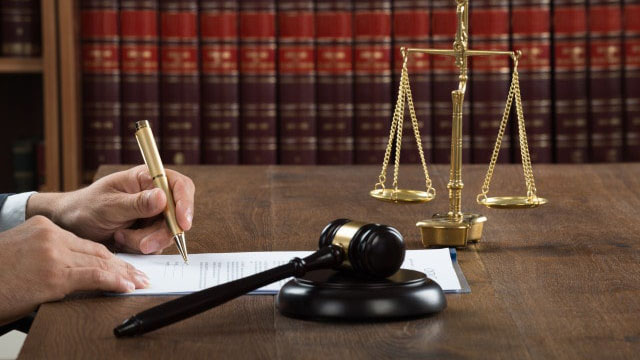
 09/09/24
09/09/24
 409
409
PleasrDAO Sues Martin Shkreli Over Wu-Tang Clan Album Ownership Dispute
A group known as PleasrDAO is taking legal action against Martin Shkreli, claiming he has diminished the worth of a unique Wu-Tang Clan album by not providing all existing copies as required by a court ruling. PleasrDAO is the custodian of the only physical copy of the album “Once Upon a Time in Shaolin” and has initiated a request for a broader investigation into Shkreli’s possessions, asserting that he has not fully complied with a previous court order.
In a recent letter submitted to a federal court in New York on September 6, PleasrDAO expressed skepticism regarding Shkreli’s claims that he had surrendered all copies of the album. They specifically challenged his assertion made in a sworn declaration on August 26, where he revealed that he located 15 files of the album saved on Microsoft OneDrive. PleasrDAO contends that Shkreli may possess additional copies stashed in undisclosed locations, potentially including storage facilities where his belongings were kept during his prison sentence.
The Wu-Tang Clan album features multiple tracks recorded between 2007 and 2013. PleasrDAO has noted that Shkreli has acknowledged returning only 15 tracks, despite his previous admissions of distributing the album to several individuals. The group highlighted that Shkreli has been boastful about sharing copies, suggesting that additional recordings may still exist in various safes globally.
PleasrDAO acquired the album for $4.75 million from the U.S. Justice Department in 2021, following Shkreli’s conviction for securities fraud. The organization is now marketing fractional ownership of the album through NFTs. In June, they filed a lawsuit claiming Shkreli improperly retained copies of the album, arguing that their acquisition was intended to be exclusive. They seek a judicial order to permanently confiscate any remaining copies Shkreli may possess and to prevent him from profiting from the album in the future. In his defense, Shkreli maintains that the copies were made prior to their forfeiture and asserts his right to utilize them.
 Back to the Blog Main Page
Back to the Blog Main Page














